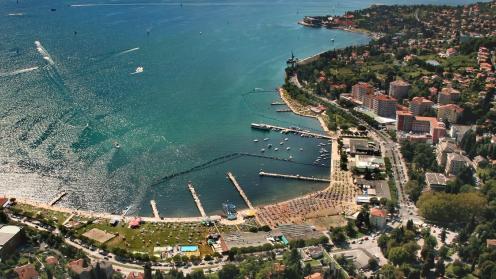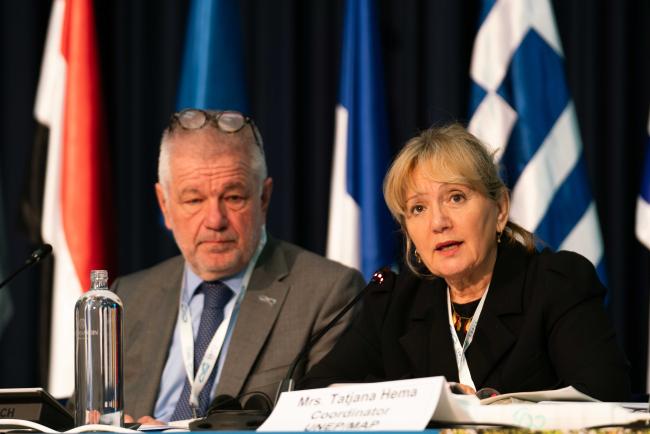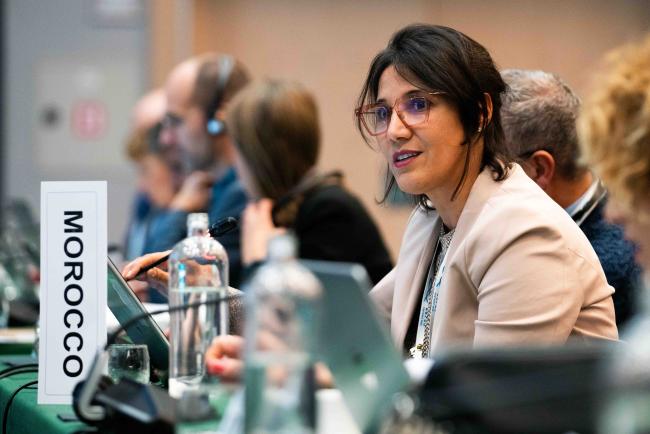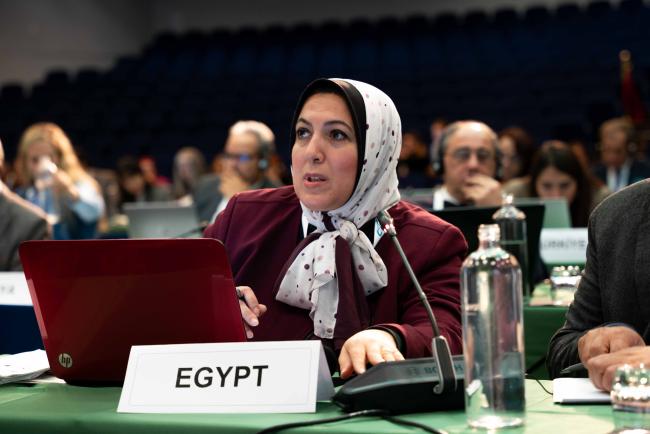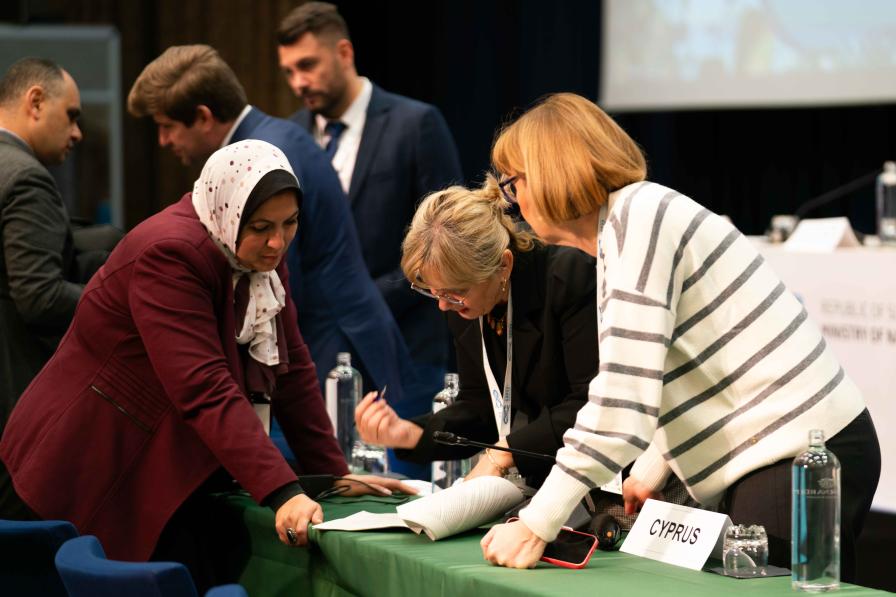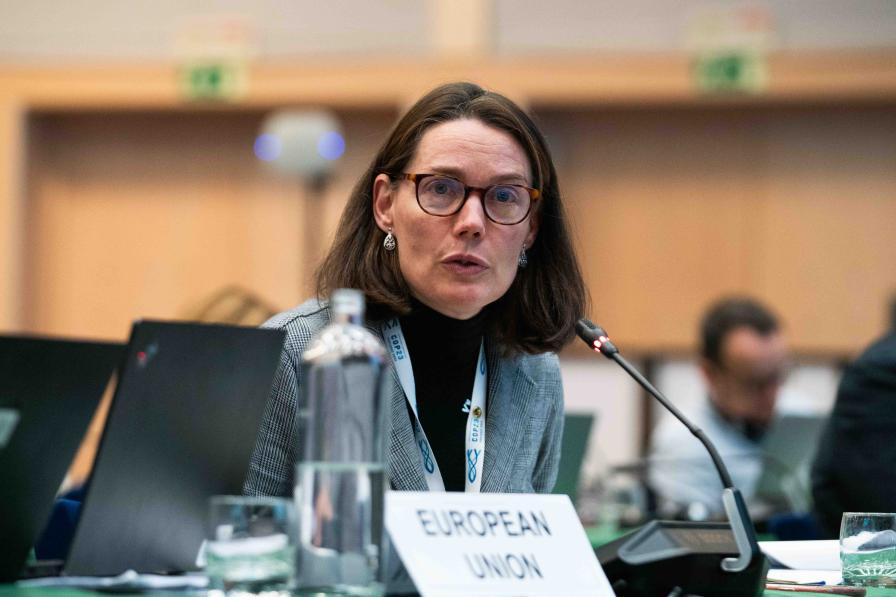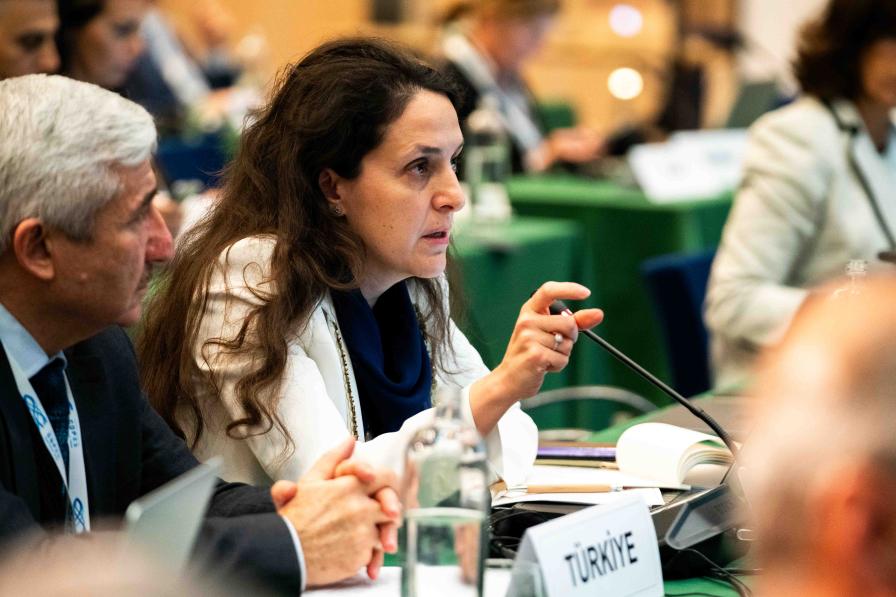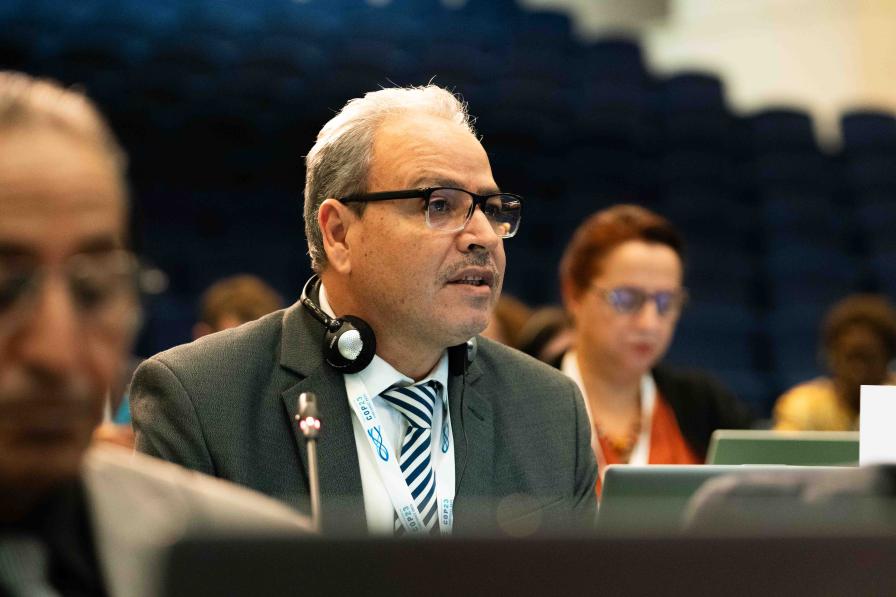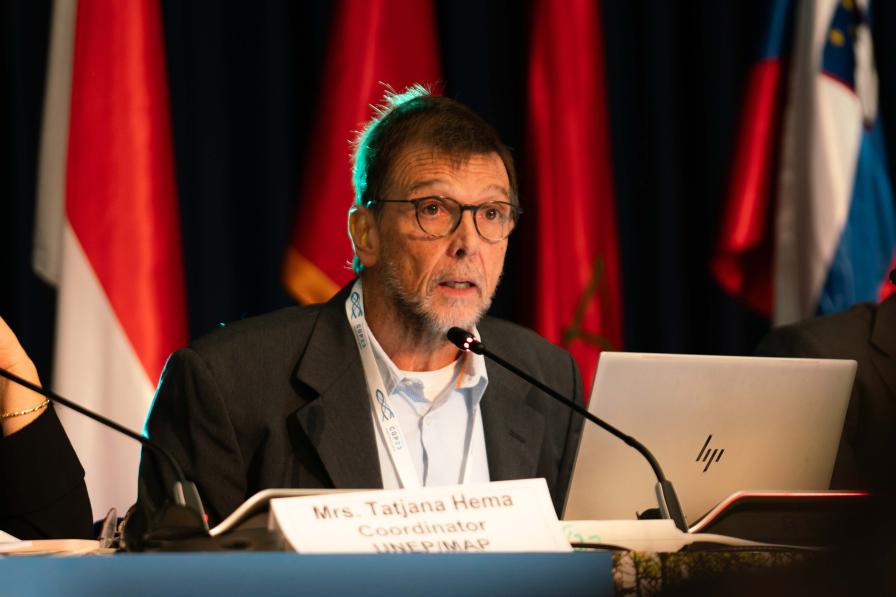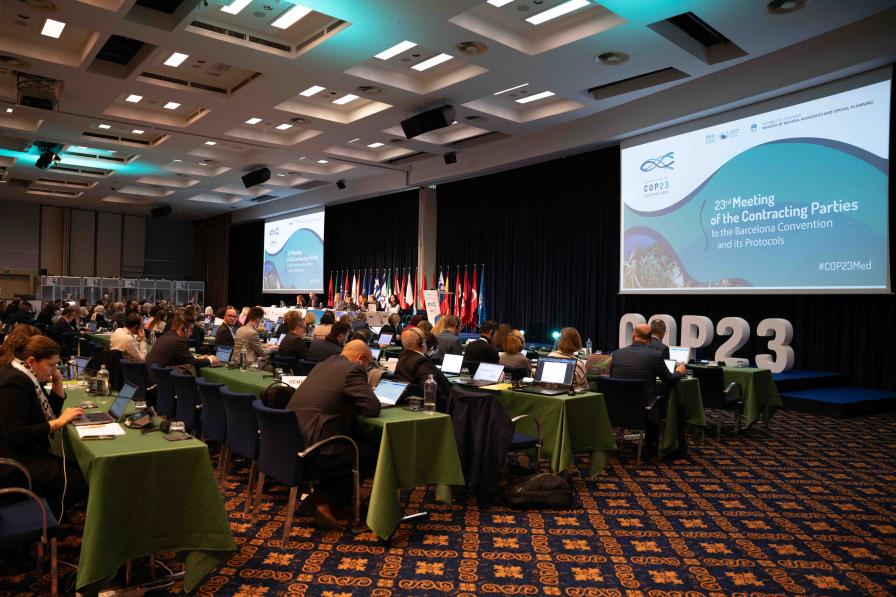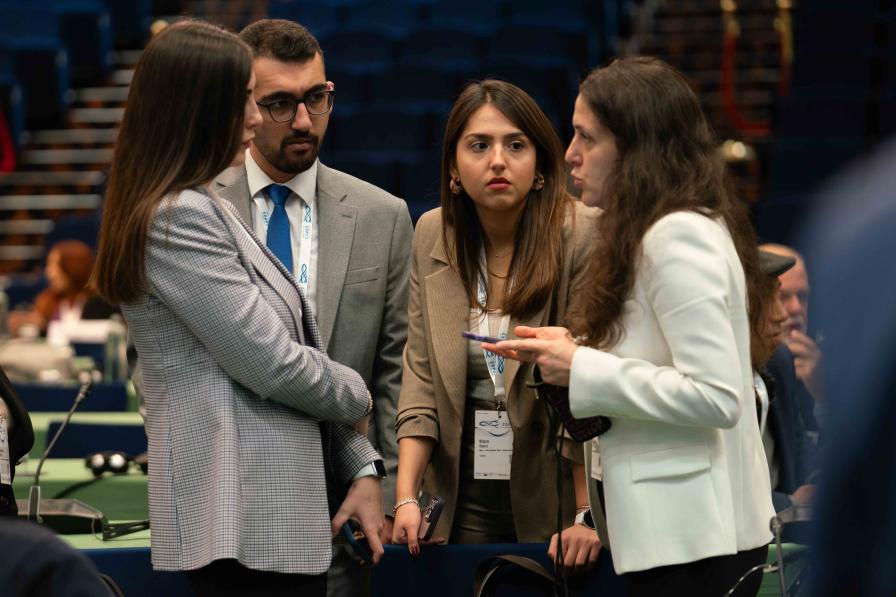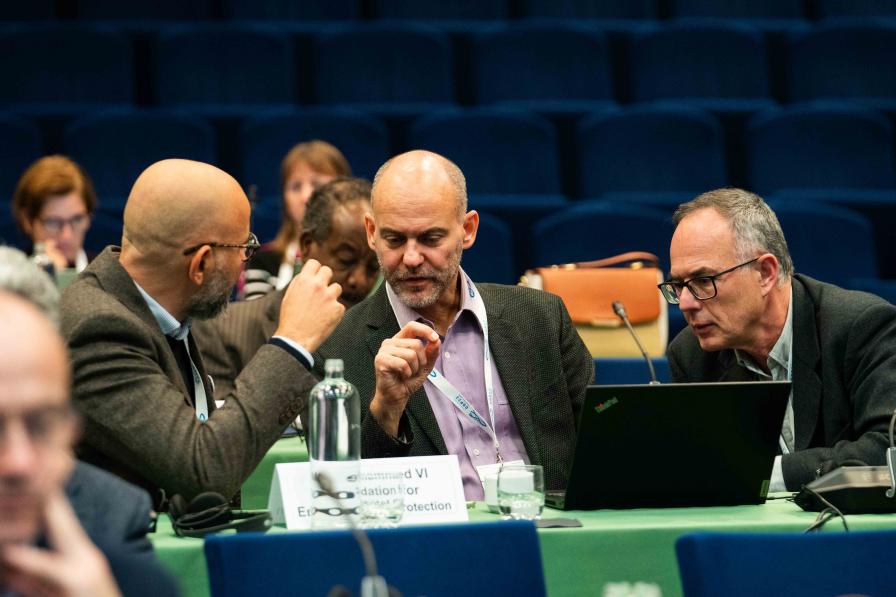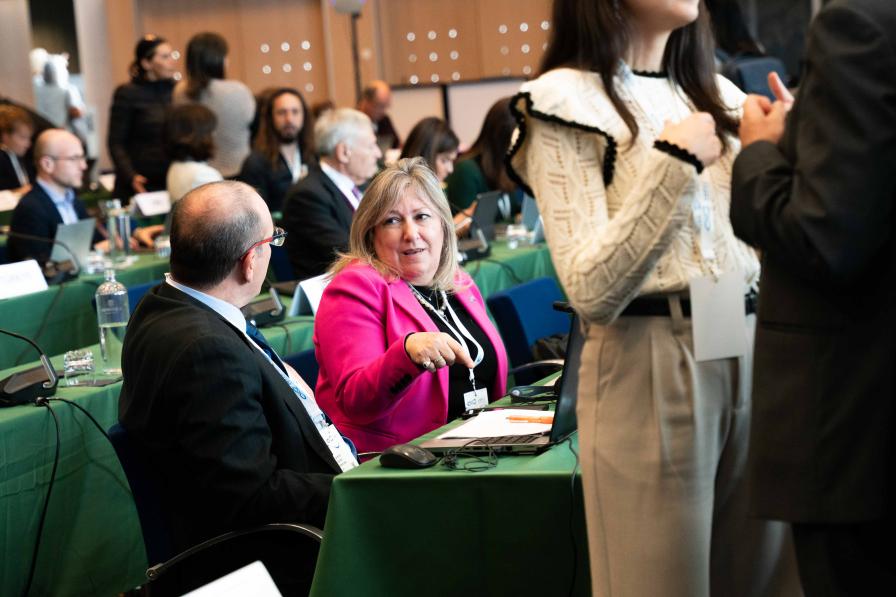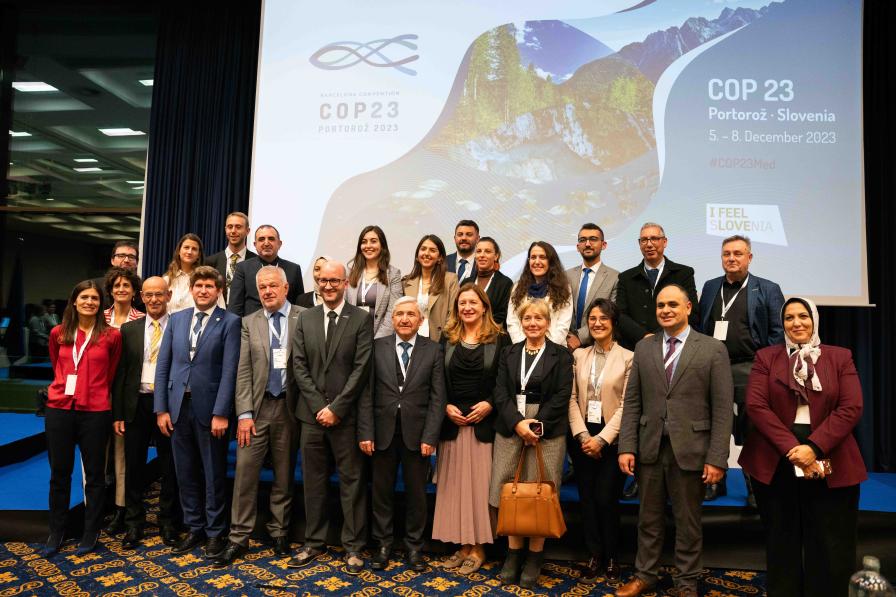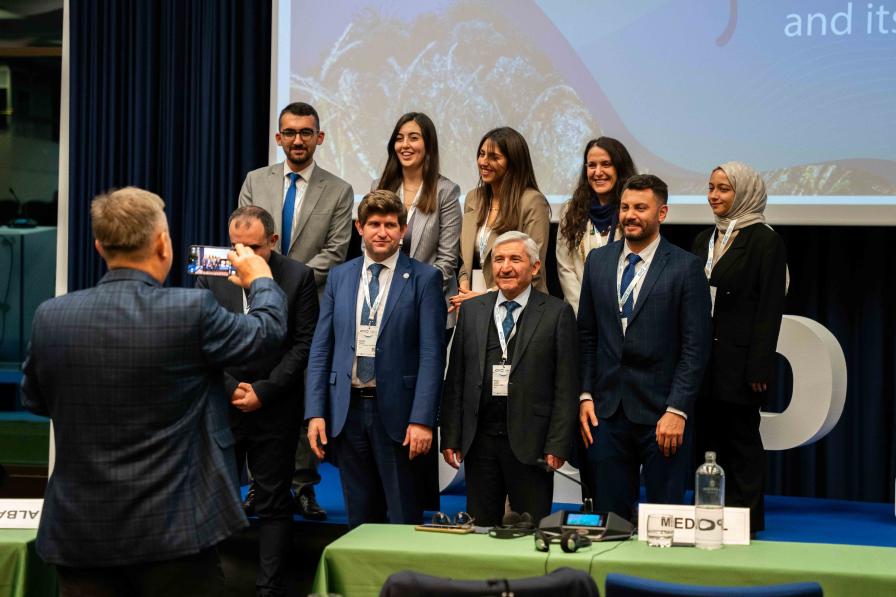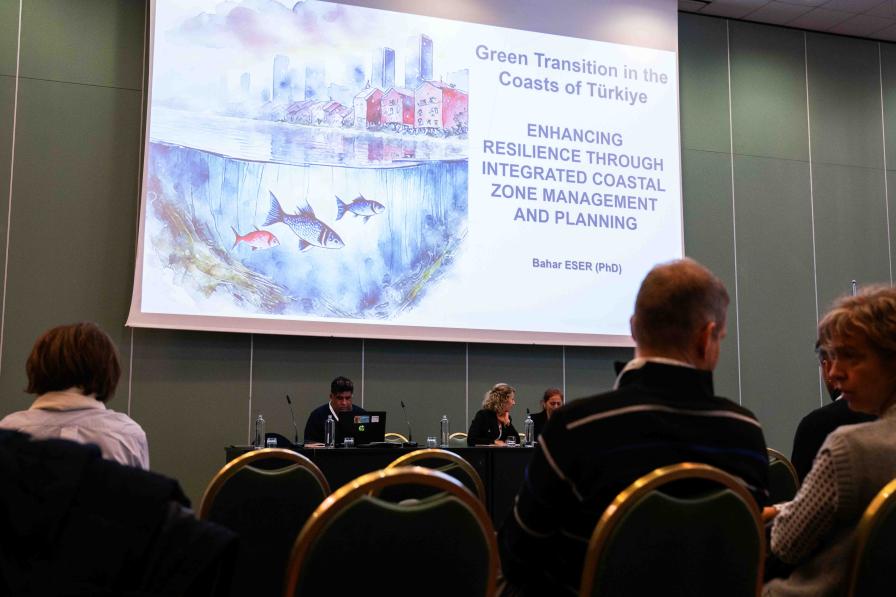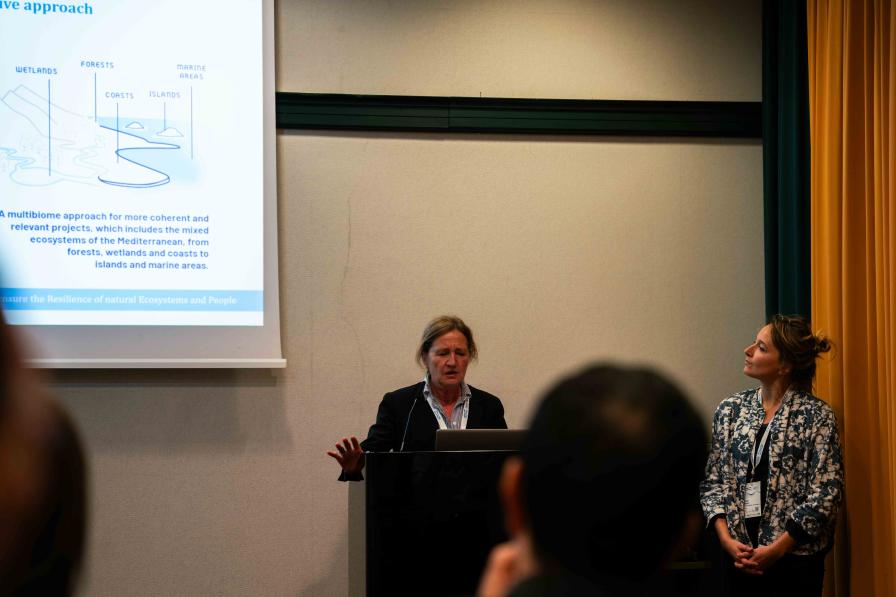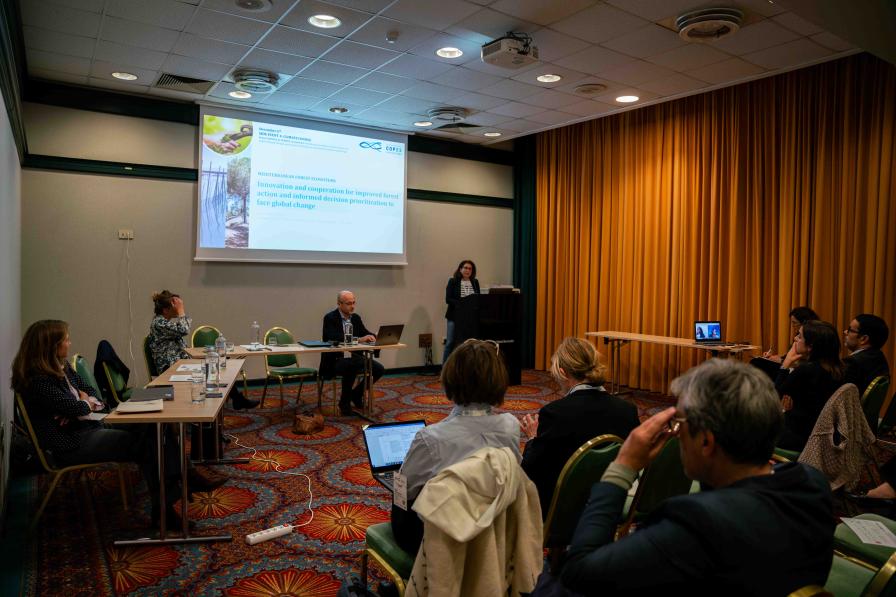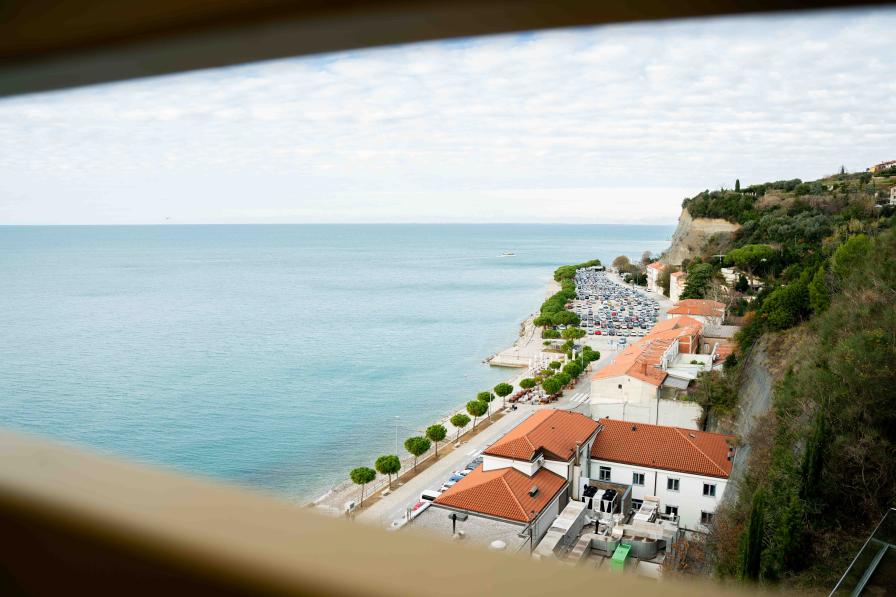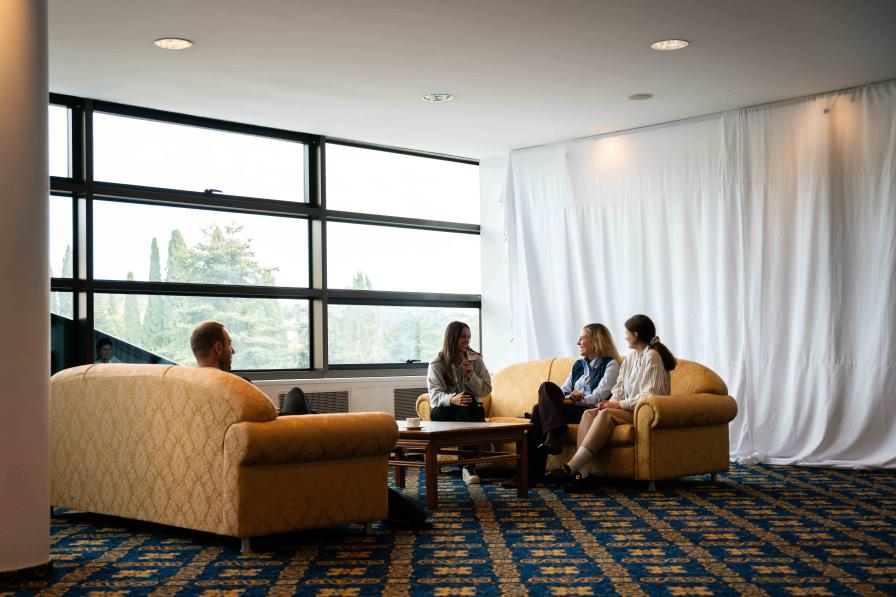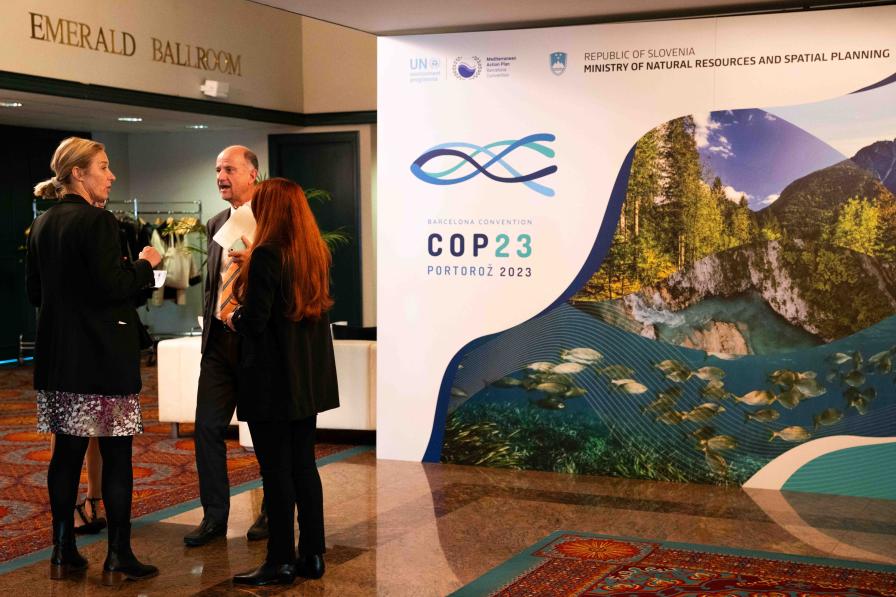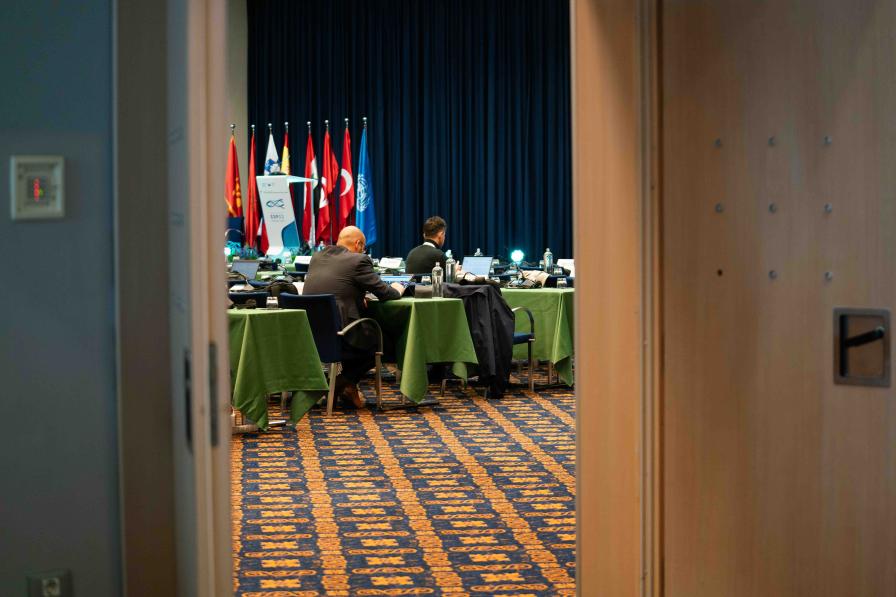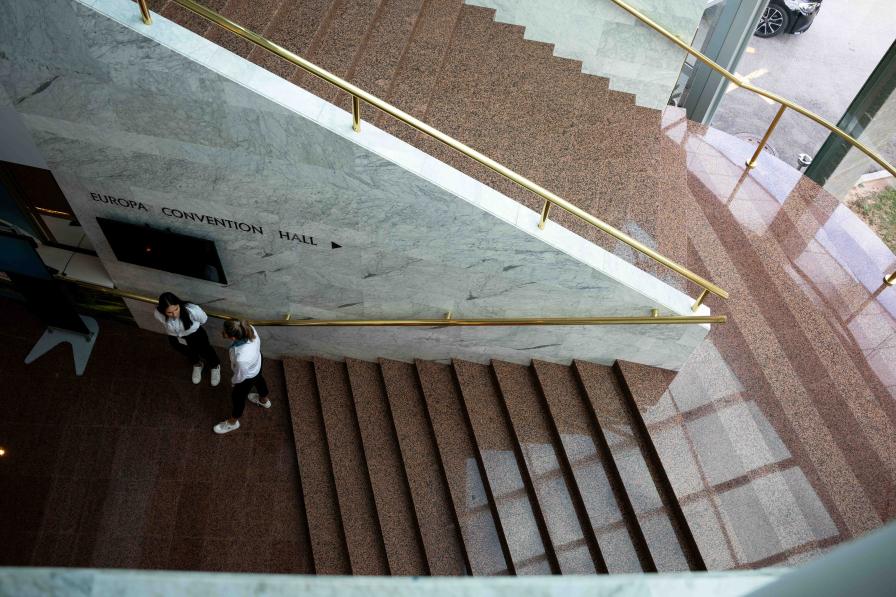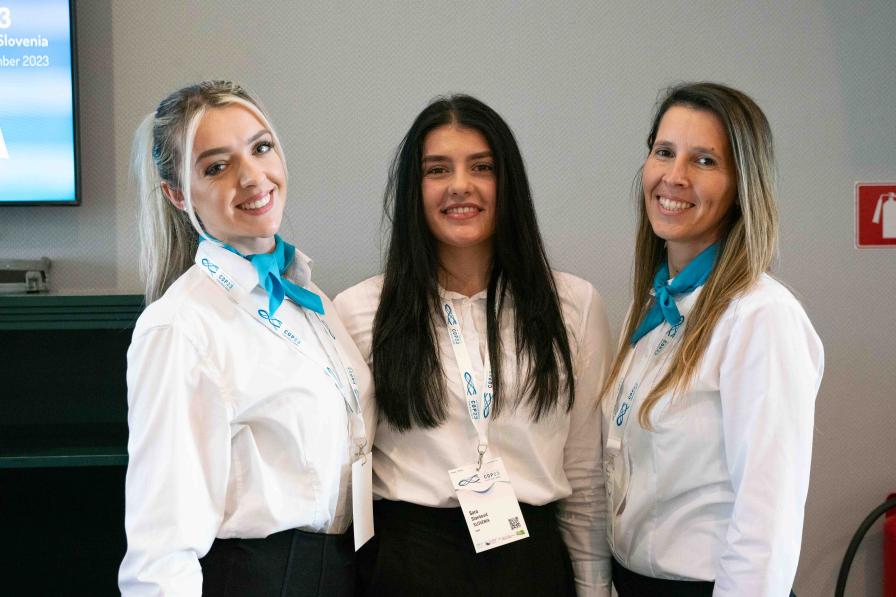The second day of COP 23 was characterized by hard work in small groups, progress on outstanding issues, and a general spirit of cooperation—but also an unusual situation in the Convention’s history: parties’ inability to reach consensus on a draft decision. As decisions in this arena are usually made by consensus, in the end the draft decision in question was approved with a footnote that marked three parties’ reservations.
This discussion revolved around the inclusion of certain ray species in Annex II to the Convention’s Protocol on Specially Protected Areas and Marine Biodiversity (which lists species that are endangered or threatened). Three countries expressed concern about the socio-economic consequences of such listings and preferred including these species in Annex III instead (which lists species whose use is managed). The Secretariat suggested that parties consider including an analysis of the consequences of listing in the Convention’s Programme of Work. COP 23 moved forward with a text reflecting the majority’s preference for the option that provides the most protection for the species.
On the draft Ministerial Declaration, after fruitful discussions in an informal working group, delegates approved the draft text. In the declaration, parties commit, among others, to: make every effort to ensure and enable that by 2030 at least 30% of coastal and marine areas are effectively conserved and managed; advance decarbonization including in blue economy sectors; and halt the degradation of marine and coastal biodiversity through the effective implementation of the Mediterranean region’s own post-2020 Biodiversity Framework.
COP 23 also reached agreement on draft decisions on Regional Harmonised Procedures for the Uniform Implementation of the Ballast Water Management Convention in the Mediterranean Sea and on a Conceptual Framework for Implementing Marine Spatial Planning in the Mediterranean, after parties lifted their respective reservations.
The contact group on budget worked throughout the day and came close to finalizing its work, before reporting back to Plenary. The group will reconvene on Thursday morning.
Delegates watched a video prepared by host country Slovenia, which showcased integrated river basin and coastal management in the Gulf of Trieste. The video highlighted the improved conditions in the coastal area shared by Italy, Slovenia, and Croatia, which resulted from both spatial planning and actions such as the filtering microplastics from the rivers.
Several side events took place throughout the day, on: enhancing Mediterranean resilience to climate change; Mediterranean nature-based solutions to tackle climate change and ensure the resilience of natural ecosystems and people; and tools and initiatives to promote a sustainable blue economy in the Mediterranean.
To receive free coverage of global environmental events delivered to your inbox, subscribe to the ENB Update Newsletter.
All ENB photos are free to use with attribution. For the Barcelona Convetion COP23, use: Photo by IISD/ENB | Mika Schroder
Plenary
Side events

COP 23 President Mitja Bricelj at side event on Tools and Initiatives to promote a Sustainable Blue Economy in the Mediterranean
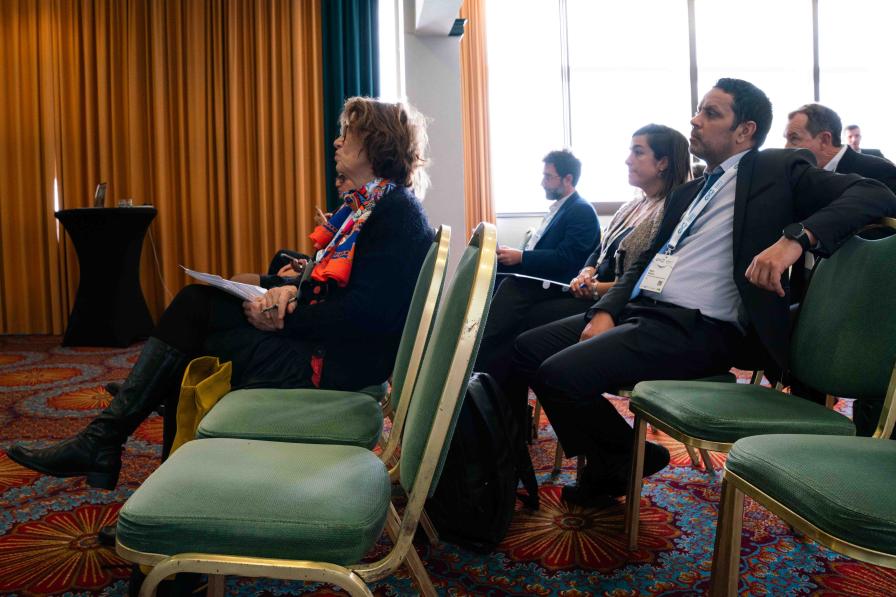
Participants listening to presentations at the side event on Tools and Initiatives to promote a Sustainable Blue Economy in the Mediterranean
